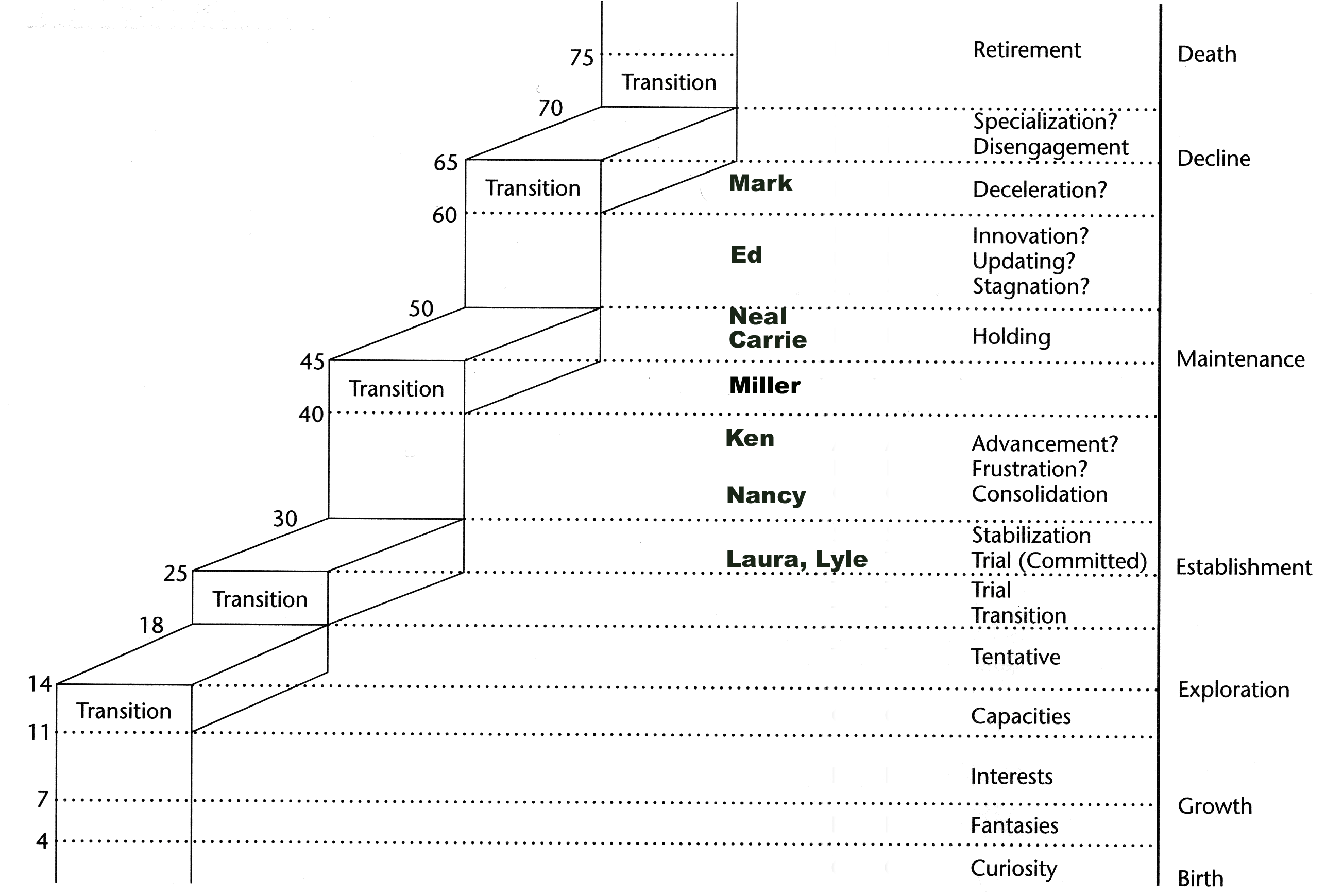| << Chapter < Page | Chapter >> Page > |
The instructors in this study believed that the social aspect of learning was very important. Miller used icebreaker exercises at the beginning of the semester with her class to help the students to get to know each other. Even though Ed was teaching the theories course online, he felt it was not the best way to teach it. He did not like the fact that he was unable to meet the students in person. He and Lyle felt that totally online classes did not allow for the kind of communication that could happen in a face-to-face discussion. He felt there was value in meeting together as a class and discussing things. However, Lyle believed that the online text, the videos and the research articles included in the Online Day served as important resources as an adjunct to the classroom experience. Lyle’s point is supported by educational research which finds a blended approach to learning that incorporates social constructivism and information-processing psychology enhances student learning ( Alonzo, Lopez, Manrique&Vines, 2005 ).
The most significant determinant of technology integration for the participants in this study was age and stage of life. An unexpected correlation was that the youngest instructors did not embrace technology in their teaching to the degree that some of the oldest did. To give a clear idea of the phases of career the instructors fell into, Donald Super’s career theory was employed.
Donald Super is one of the most notable contributors to the field of career development, having spent half a century creating a theory that departed from traditional trait-factor theories, and instead was based on life stages ( Anderson&Vandehey, 2006 ). Super’s Career Ladder is drawn as a series of steps that represent the different stages of psychological development of a careerist ( Super, Savickas,&Super, 1996 ). In this model, each stage is completed before moving on to the next. A career is seen as developing over a lifetime, and may consist of a number of different jobs overtime. Super’s diagram shows the progress of psychological development over a person’s lifetime. Starting with Birth, the categories progress through Growth (ages 4-11), Exploration (ages 18-30), Establishment (ages 30-45), Maintenance (ages 45-65), Decline (ages 65-75), and Death (ages 75 and over). Because this study focuses on the instructors’ working years, the early life stages are not dealt with. Starting with Establishment and ending with Decline , the instructors’ current position on Super’s Ladder will be explored.

The instructors at Super’s Establishment stage of their teaching careers were Laura, Lyle, Ken, and Nancy. Laura was the least experienced instructor of the group. Although she was completing her first year as a full-time instructor, she was already fully engaged in professional development activities which would contribute toward her tenure requirements. Her outreach work focused on getting her students involved in professional organizations and supporting them in presenting papers at conferences. At the prompting of her supervisor, she adopted the Online Day course materials. However, she did not become very familiar with the online resources. She had taught the theories course before using a different textbook, and expressed frustration with the burden of learning not just a new textbook, but a whole new way of teaching. She expressed mixed feelings about whether to stick with the Day textbook or to go back to another text with which she was more familiar. Laura represented the Trial-committed phase of the Establishment Stage . She felt compelled to use the Online Day materials, but her workload and tenure-related activities held her back.

Notification Switch
Would you like to follow the 'Faculty use of courseware to teach counseling theories' conversation and receive update notifications?